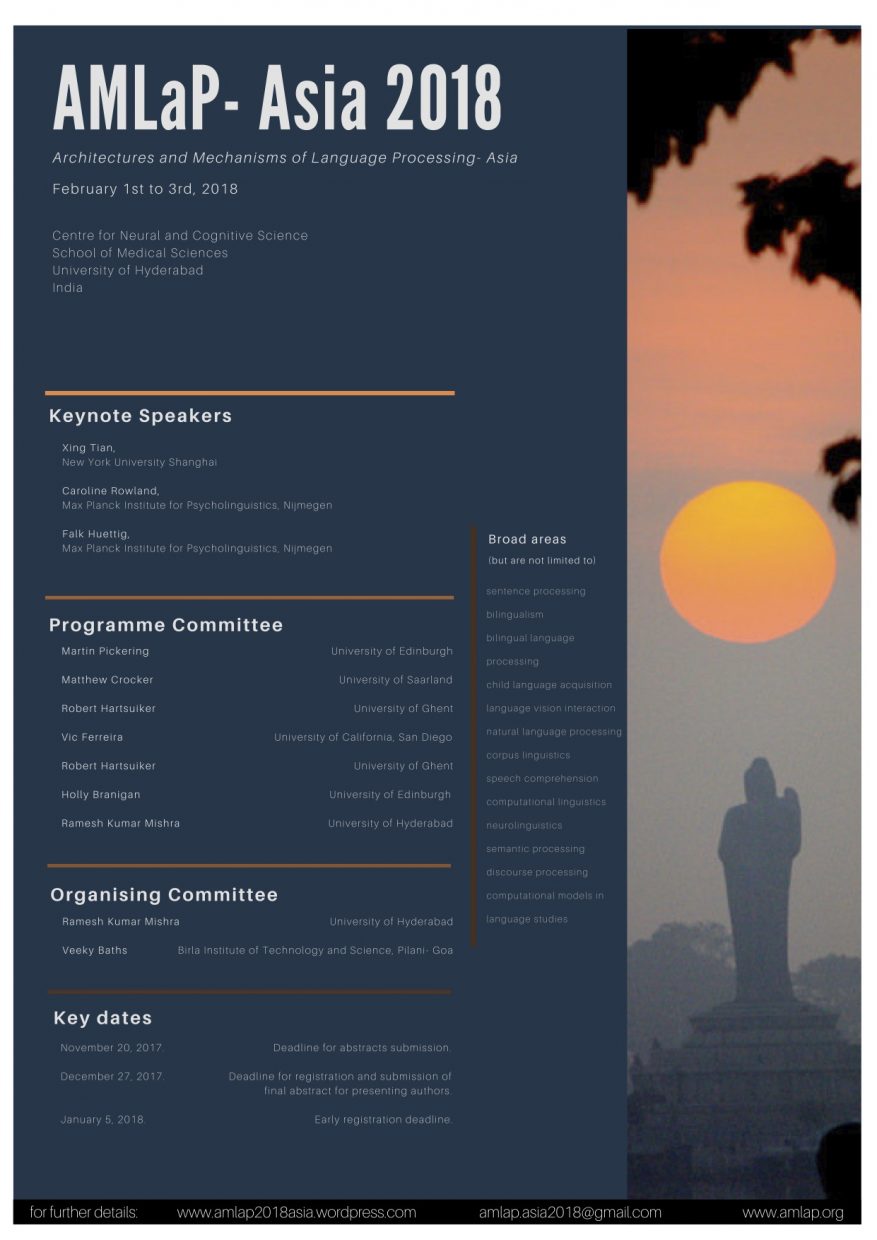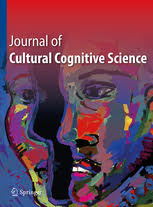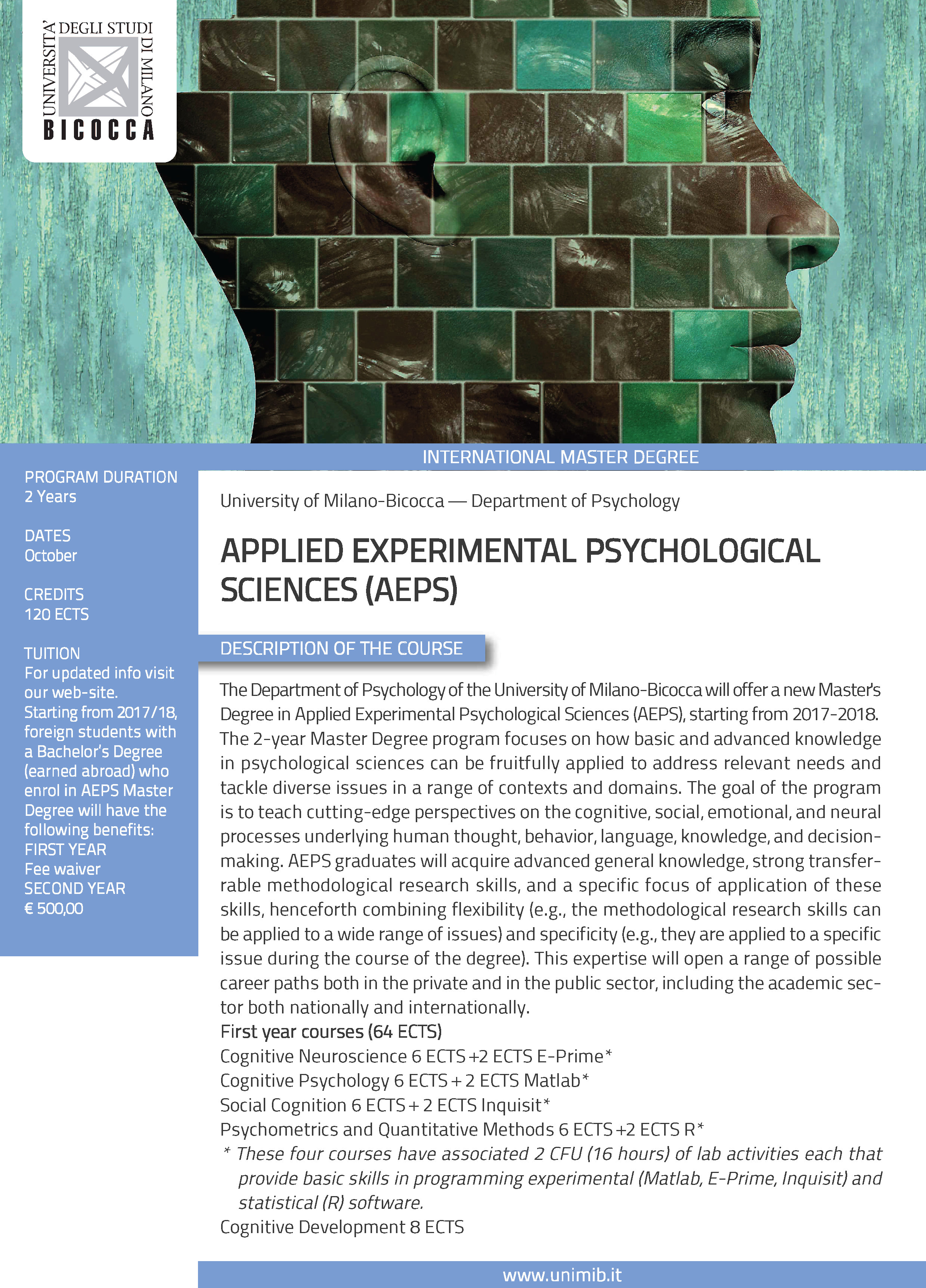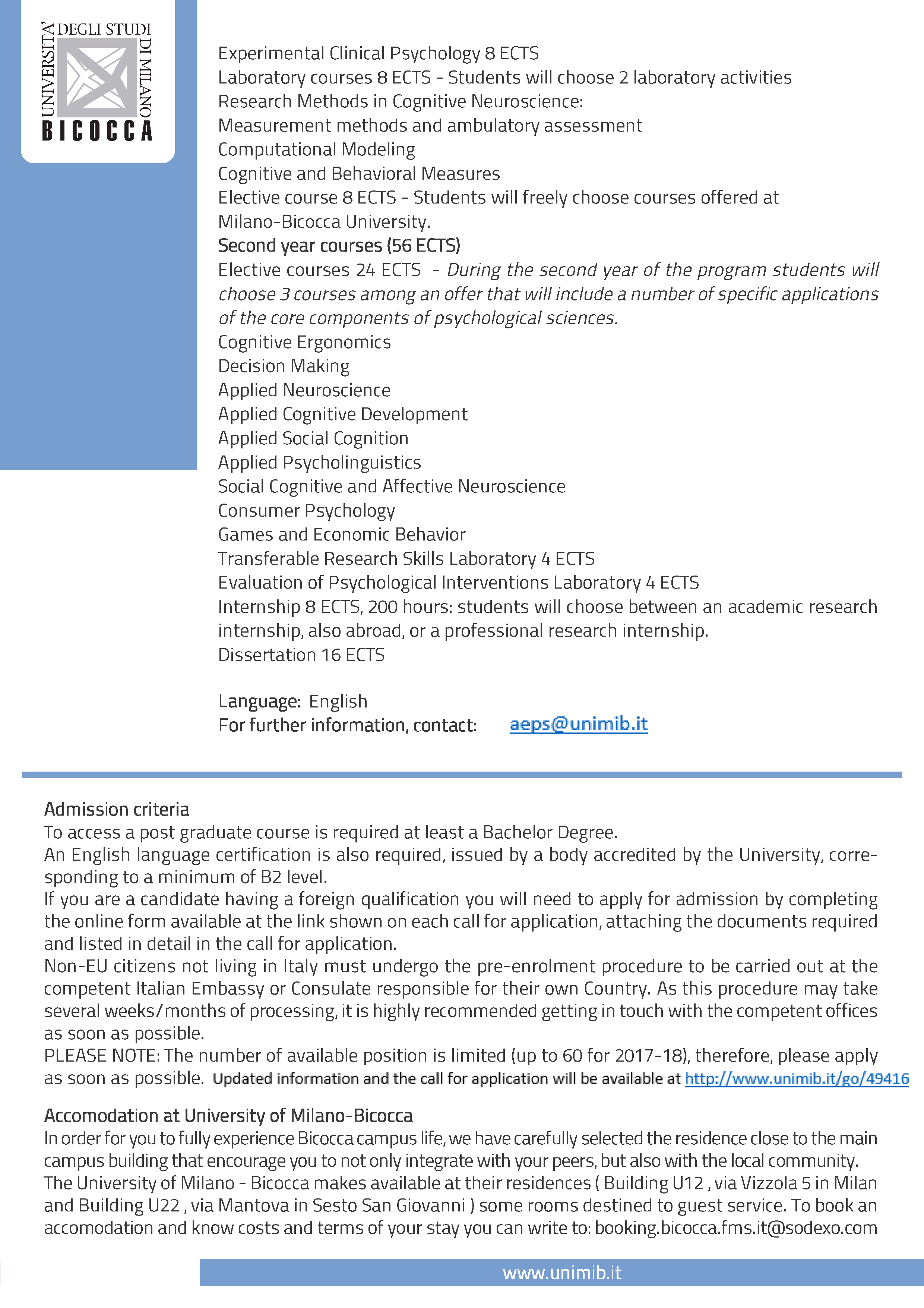Dear Colleagues,
We would like to take this opportunity to wish you and your families a very happy holiday season and all the best for 2017. We hope that the coming year will be one filled with health, happiness and the joy of creativity and discovery.
As we come to the end of this year, we celebrate an exciting beginning to the Words in the World Partnership. The success of our funding application was officially announced in September 2016. It is an honour to be among the eighteen successful applications and to be the only project to be awarded a grant focused on Student and Post-Doctoral Training in the 2016 competition.
The highlight of the fall 2016 season was certainly the 10th International Conference on the Mental Lexicon, which was held in Ottawa, Canada from October 19 to 21. The three-day conference featured poster and platform presentations from researchers around the world. It was a conference filled with reports of exciting new findings, methodological developments and perspectives, and the spirit of discovery and collegiality that has come to characterize the conference.
Vanessa Taler and Laura Sabourin were the Local Organizers of the Conference. They and their team were wonderful hosts for this milestone event. The conference was opened by Kevin Kee, Dean of Arts at University of Ottawa, who is a member of the Words in the Word Advisory Board. We were also delighted that Ted Hewitt was able to be our speaker and guest of honour at the Conference Banquet. Dr. Hewitt is President of the Social Sciences and Humanities Research Council of Canada (SSHRC), the agency that has funded the Words in the World Partnership.
The Ottawa conference provided us the opportunity to host events specifically related to the Words in the World Partnership. On October 19, we hosted a Lunch and Learn event for over 50 students and post-doctoral fellows attending the conference. The Lunch and Learn focused on opportunities for students and post-doctoral fellows to combine psycholinguistic research with engagement with industry and with community organizations. The event featured Panel Members Lori Buchanan (Project Co-Investigator and creator of the Aphasia Friendly Business Campaign), Eva Kehayia (Co-Creator and Co-leader of the Living Lab RehabMALL Project), and Vivian Tsang (Scientist with Quillsoft Ltd, a company that develops software products in the education and literacy field and which is a key corporate partner associated with the Words in the World Partnership).
In the evening of October 19, we held a meeting attended by over 30 academic collaborators. It was a meeting in which we mapped out a number of strategies and targets that were important to the development of our Milestone Document that we submitted to SSHRC on October 24, 2016.
Looking forward to 2017
As we have articulated in our Milestone Document, 2017 will be a year in which we expand our scientific activities and in which we develop new cross-site initiatives and training opportunities for students and post-doctoral fellows. We will be in touch with you in 2017 with updates and details on specific initiatives. These will include updates on the following:
- The set of instructional video modules for specific domains of lexical processing research that we will develop in 2017 and for which we will be seeking contributions from project members.
- A new set of cross-linguistic and cross-site collaborative projects. The initial set of languages include English, French, German, Dutch, and Hebrew.
- New synthetic edited books and special journal issues. Planned volumes include a book on “Questions for the next Decade”, a special issue of The Mental Lexicon, and an issue of Frontiers in Communication.
We look forward to developing these and other initiatives as we work together to achieve the overall goal of the Words in the World Partnered Research Training Initiative: To advance the development of the next generation of research leaders through partnered training and collaborative knowledge creation and mobilization.
Happy Holidays!
The Words in the World Canadian Leadership Team







